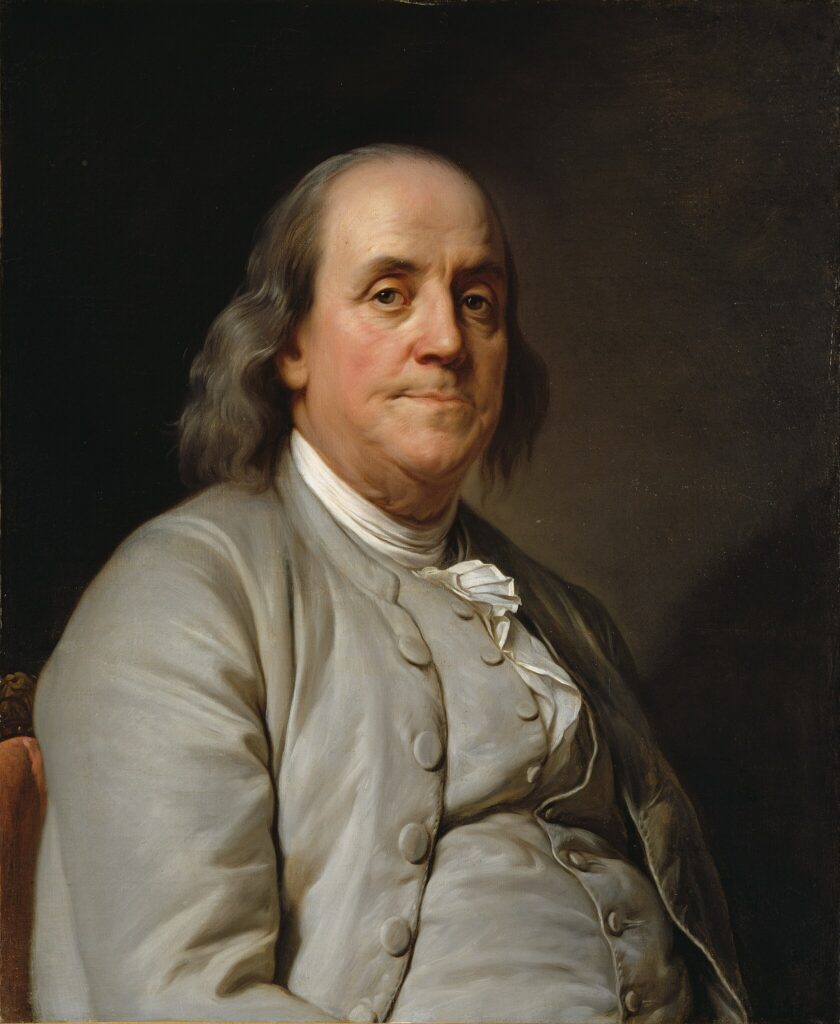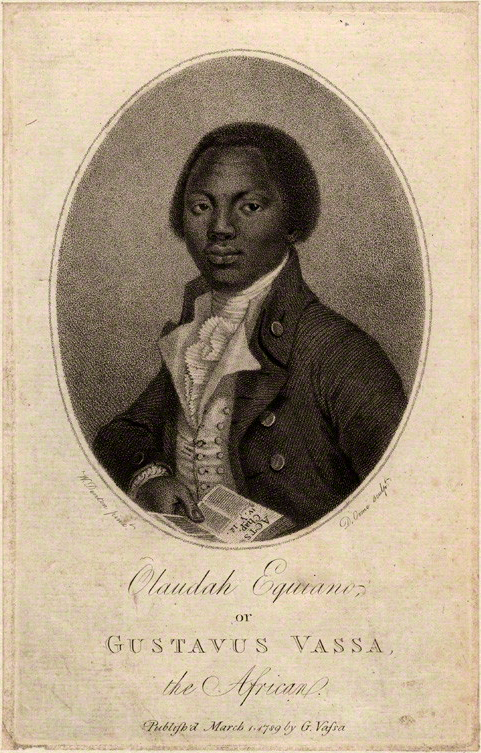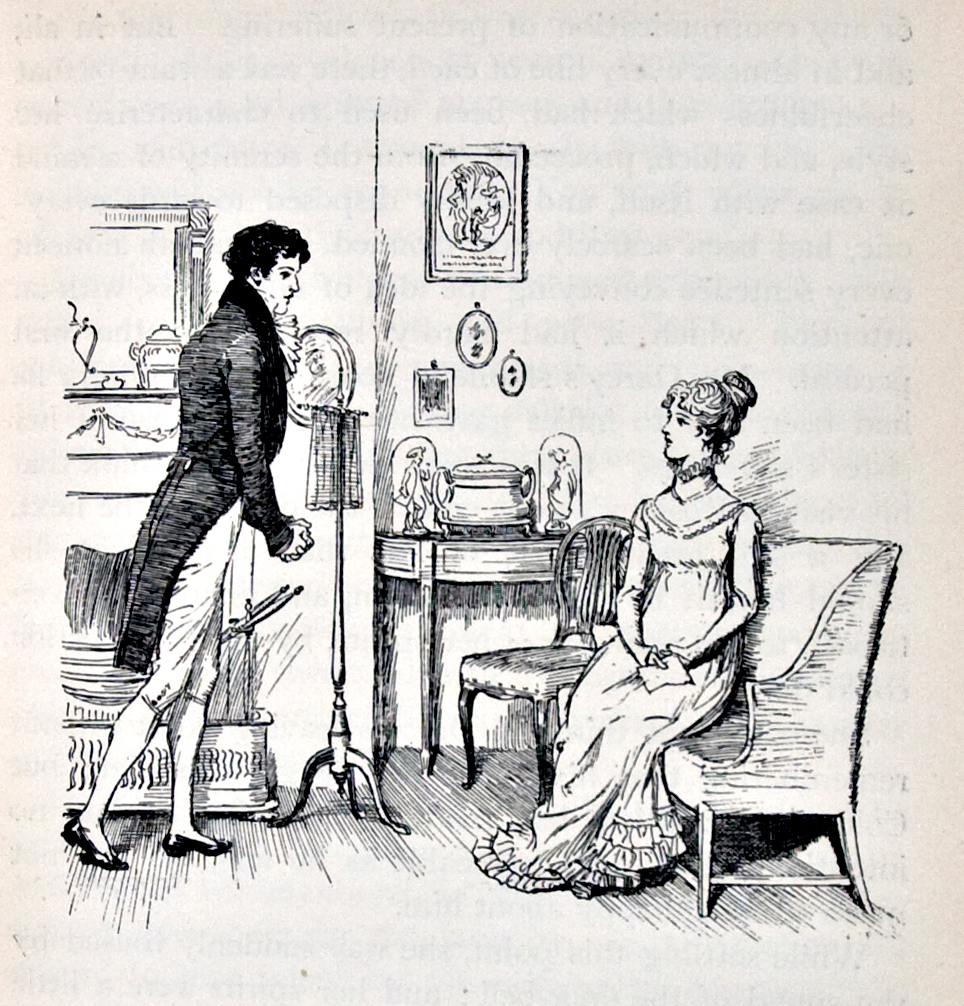The Enlightenment (c.1700-1817), sometimes called The Age of Reason, coincides with the “long” eighteenth century (late-1600s to the early-1800s). Enlightenment literature reflects a concern with thinking based on science and rationality.
A belief in the power of reason lead to literary works of narrative, exposition, drama, and poetry arguing for an end to tyranny, superstition, and slavery, and for the establishment of democracy, scientific progress, and universal human rights.
What are Representative Works of Enlightenment Literature?
Formal qualities of Enlightenment literature often emphasize order and balance, such as Alexander Pope’s heroic couplets (rhymed pairs of lines in iambic pentameter) in his Essay on Man, a poetic, philosophical exploration of humanity’s place in the universe. Stories, essays, plays, and poems from this period reflect the new thinking that the application of reason could transform the world through scientific progress.
One of the most widely read and translated novels of all time, Daniel Defoe’s Robinson Crusoe, tells a realistic story about the titular character’s 28-year adventure as a castaway on a remote Caribbean island. Crusoe establishes order in his tiny realm, creating a calendar, establishing agriculture, considering law when encountering cannibals and others, and developing a practical Christianity to guide him. Defoe consequently shows how an ordinary man of the enlightenment might establish a civilized order anywhere.
Jonathan Swift’s Gullivers Travels, published seven years after Defoe’s tremendous success Robinson Crusoe, parodies Defoe’s book. Swift is one of the greatest of all writers of satire, a tremendous artist in the medium of irony, as his essay “A Modest Proposal” (a mock proposal to the British Parliament to settle the Irish colonial problem by eating the Irish) attests. Rather than relying on himself to impose civilization, Gulliver’s misadventures land him in the midst of civilization after civilization with which he must contend. Swift refutes Defoe’s faith in the enlightened individual imposing order by contrasting the unavoidable complications of different cultural beliefs and practices in collision. Swift’s novel is so popular that terms from it, such as “Yahoo,” have entered the common English language.
You have clearly proved that ignorance, idleness, and vice, are the proper ingredients for qualifying a legislator.
Jonathan Swift, Gulliver’s Travels
The Americans
Later in the eighteenth century, America’s Founding Fathers would give the world a body of expositional literature articulating the rational basis for democracy, as well as the practical implementation of it in the American Revolution itself. Ben Franklin exemplified the new, rational and scientific middle class American with his Autobiography of Benjamin Franklin and with the collected sayings of his character Poor Richard in “The Way to Wealth.”

“[E]arly to bed, and early to rise, makes a man healthy, wealthy, and wise.”
Benjamin Franklin
Tom Paine argued for pure reason as a determiner of political action and good conscience in The Age of Reason, and his close friend Thomas Jefferson put those ideas into action when he declared the reasons for establishing a new democracy in his original Declaration of Independence.
We hold these truths to be self-evident, that all men are created equal, that they are endowed by their Creator with certain unalienable Rights, that among these are Life, Liberty and the pursuit of Happiness.
Thomas Jefferson, “The Declaration of Independence”
Different Voices
Robert Burns wrote poetry from the minority perspective as a Scot living in the British empire. His beloved, humane poems emphasize egalitarianism and brotherhood in his native Scots language. His “Auld Lang Syne,” for example, continues to be sung around the world each New Year’s Eve.
Likewise, Mary Wollstonecraft demanded that Enlightment principles be applied to women in her 1792 book, A Vindication of the Rights of Woman.
Voices from Bondage: Equiano and Wheatley
Olaudah Equiano, an African captured and sold into slavery by other Africans as a child in the 1750s, relates his experience as a slave. Eventually sold to Europeans in the Caribbean, he lived the life of a sailor, selling goods during his travels, saving enough to purchase his freedom, and finally becoming an abolitionist in London. His autobiography, The Interesting Narrative of Olaudah Equiano, or Gustavus Vassa, The African, published in London in 1789, caused such a sensation that it eventually lead to the passage of the Slave Trade Act, abolishing slavery in Britain in 1807.

“After all, what makes any event important, unless by its observation we become better and wiser, and learn ‘to do justly, to love mercy, and to walk humbly before God’? To those who are possessed of this spirit there is scarcely any book of incident so trifling that does not afford some profit, while to others the experience of ages seems of no use; and even to pour out to them the treasures of wisdom is throwing the jewels of instruction away.”
Olaudah Equiano
Another slave-turned-author, Phillis Wheatley, the first published African-American poet, argues for the inherent worth and dignity of all people, regardless of race, based on our common capacity for reason and imagination. She became internationally famous after the publication of Poems on Various Subjects in 1773, when she was just twenty. Her short life ended tragically among the ruins of Boston after the Revolutionary War, but her remarkable intellect lives on in her elegant Enlightenment verse.
Jane Austen’s Novels
Finally, toward the end of the Enlightenment period, the English author Jane Austen perfected the art of the English novel of manners with her stories of the English gentry. (A novel of manners is a novel depicting a specific social class and its customs in a realistic setting.) Persuasion and Pride and Prejudice best represent Austen’s enduring, smart, and funny stories of her female protagonists’ rational pursuit of the irrational—love.

Representative Works of Enlightenment Literature
Daniel Defoe’s Robinson Crusoe; Pope’s Essay on Man; Jonathan Swift’s Gulliver’s Travels, “The Battle of the Books,” and “A Modest Proposal;” Robert Burns’ poems; Mary Wollstonecraft’s “A Vindication of the Rights of Woman;” Revolutionary American writings of Ben Franklin (The Autobiography of Benjamin Franklin), Tom Paine (The Age of Reason), and Thomas Jefferson (The Declaration of Independence); Olaudah Equiano’s autobiography; Phillis Wheatley’s poems; Jane Austen’s Pride and Prejudice and Persuasion

